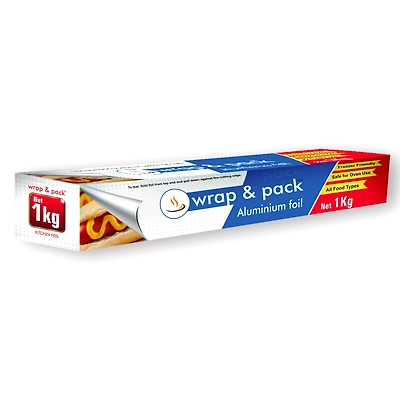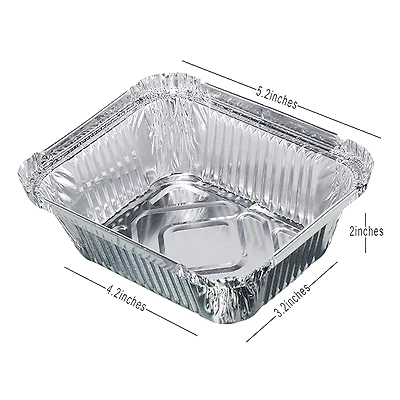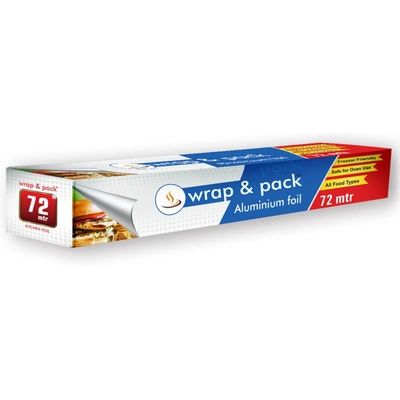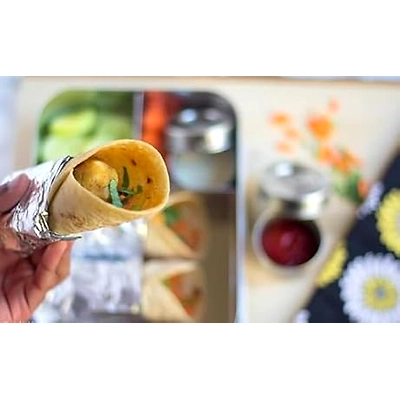Heavy Duty Aluminum Foil 1kg
Heavy-Duty Foil: Thicker and more durable, used for grilling, lining pans, and wrapping large items like meat.
Coated with a non-stick surface, this type of foil is ideal for foods that might otherwise stick to the foil, such as baked goods or grilled items.
Aluminum Foil Container 430ml
Aluminum is 100% recyclable without loss of quality. Recycling aluminum saves up to 95% of the energy required to produce new aluminum from raw materials (bauxite). If properly recycled, aluminum foil containers can be reused multiple times, reducing the need for new raw materials and conserving natural resources.
Because aluminum foil containers conduct heat well, they can reduce cooking times and energy use when compared to other materials. This can contribute to lower energy consumption during food preparation.
Aluminum’s lightweight nature means less fuel is needed for transportation, reducing carbon emissions. Additionally, its durability means it can be reused several times before recycling.
Standard Aluminum Foil 72 meter
Heavy-Duty Foil: Thicker and more durable, used for grilling, lining pans, and wrapping large items like meat.
Aluminum Foil Container 730ml for food packaging
Recyclability: Aluminum is 100% recyclable without loss of quality. Recycling aluminum saves up to 95% of the energy required to produce new aluminum from raw materials (bauxite). If properly recycled, aluminum foil containers can be reused multiple times, reducing the need for new raw materials and conserving natural resources.
Energy Efficiency: Because aluminum foil containers conduct heat well, they can reduce cooking times and energy use when compared to other materials. This can contribute to lower energy consumption during food preparation.
Lightweight and Durable: Aluminum’s lightweight nature means less fuel is needed for transportation, reducing carbon emissions. Additionally, its durability means it can be reused several times before recycling.




